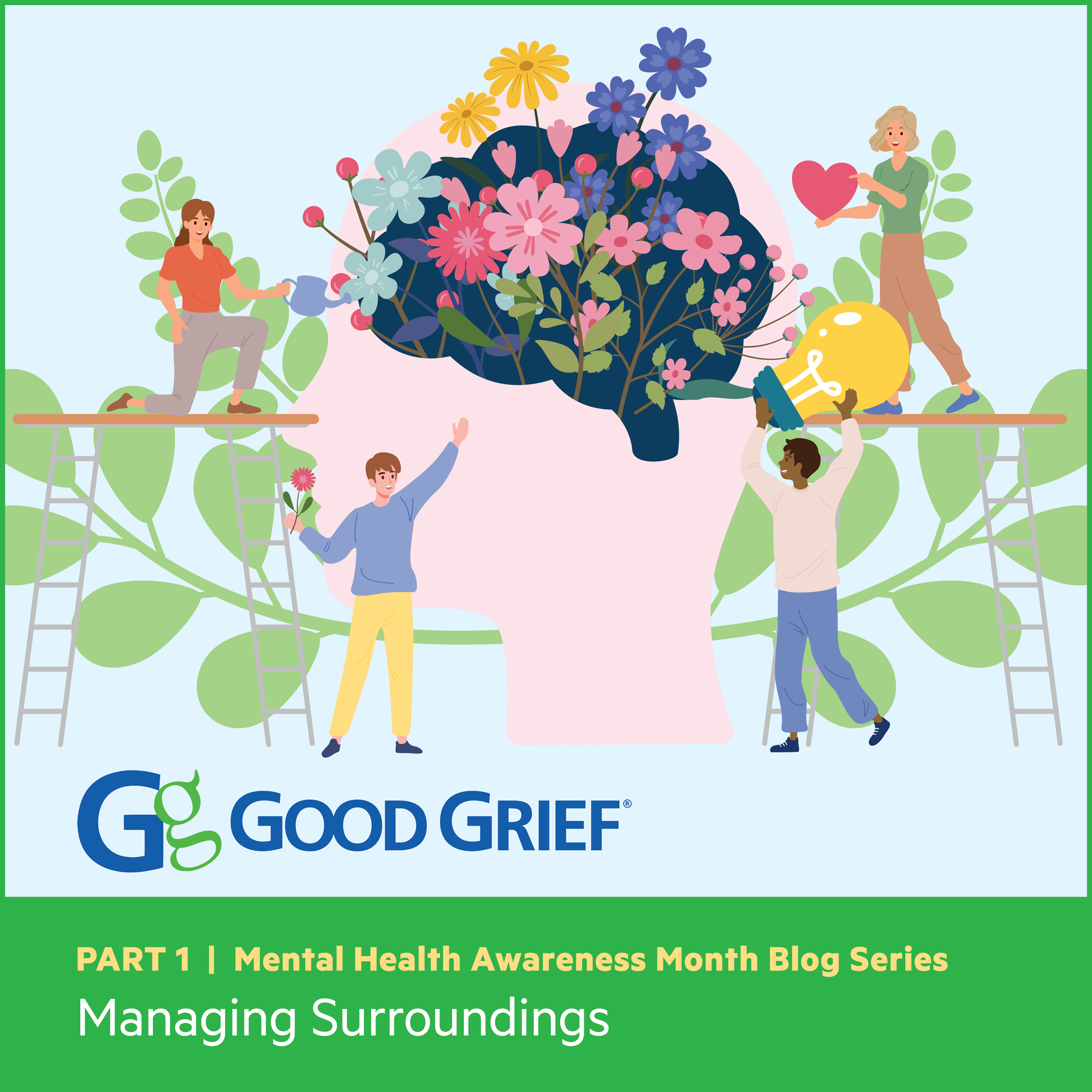
How to Help a Grieving Child (Tips & Support)
How to Help a Grieving Child: 3 Things You Can Do
Many people have an instinct to help someone in need, especially when that someone is a child. As adults, we are the ones that children look to for help, and while grief is a very personal process, there are ways you can support a grieving kid. It’s crucial to have the resources and knowledge to help children process their grief and grow through the experience.
Helping kids with grief is all about showing you care, being there for them, and offering your love and support. Kids benefit from open, honest, and understanding adults who validate their experience. Continue reading for tips and ideas on how to help a grieving child in your life.
1. Listen First
Good communication starts with listening. Often what children need most is to be heard and felt understood. Actively listen by repeating what you hear them say to ensure you are understanding them correctly. Try using phrases like “I hear you” and “tell me more.” An example of letting them know you heard them is saying, “Wow, it sounds like you had a really tough day at school.”
Allow the child to speak their mind freely and keep questions and interjections to a minimum. Pay close attention and be present with your eyes, ears, and your full self when children are talking, especially about their concerns. Make conversations places of comfort by simply listening.
2. Offer the Truth
Grieving is completely normal, and it is essential to ensure the child you are helping knows that. It is also important for them to hear the truth, understand it, and have consistent support in processing that truth. Try using facts to talk about death—children are better at handling the truth of a situation than we might think. When we tell children the truth in simple, developmentally appropriate language, we build trust and model for them that they too can be honest with us.
Being honest also means sharing that you do not have all the answers, and that is okay. If we want children to develop good coping skills, it starts with knowing the truth about a situation. By offering them the truth, they can create their own healthy coping skills that will allow them to grow from the experience.
3. Be Patient and Encourage
Grief can be like a broken record playing the same song over and over. It’s helpful to take the pressure off yourself to come up with the perfect thing to say or do because you won’t think of it. Instead, be a patient guide with children, knowing that they are trying to find a way forward.
Patience and encouragement help children process their grief, create new routines, and develop a sense of normalcy. Remember, being present is at the heart of being helpful. Don’t expect too much or too little; instead, stay neutral and let grief take its course. Allow their healing to happen on their own timeline—not yours.
Use Support from Good Grief
If you’re looking for ways to comfort a grieving child, we’re here to help. At Good Grief, we support the grieving child in your life and you as their caregiver. We offer training, support groups, online resources, and more blogs like this one to make sure you are offering your best support. If you have further questions, reach out to Good Grief for support.





